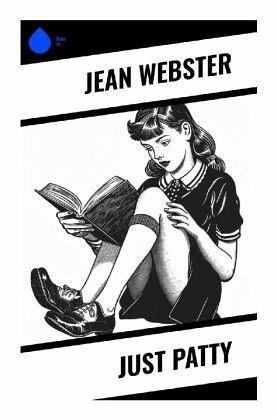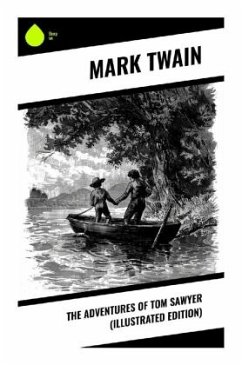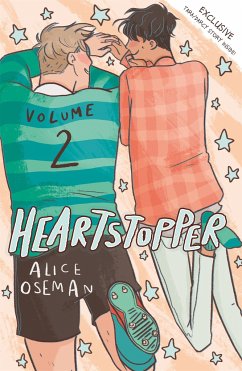
Just Patty
Versandkostenfrei!
Versandfertig in 6-10 Tagen
9,70 €
inkl. MwSt.

PAYBACK Punkte
0 °P sammeln!
In "Just Patty," Jean Webster crafts a poignant and humorous portrayal of adolescence through the eyes of a spirited young woman, Patty. The novel is characterized by its epistolary style, drawing readers into Patty's inner world as she navigates the complexities of friendship, education, and self-discovery at a girls' school. Set against the backdrop of early 20th-century America, Webster's adept use of wit and charm highlights the societal expectations of women, while celebrating the individuality and fierce determination that define Patty's character. This blend of light-heartedness and pro...
In "Just Patty," Jean Webster crafts a poignant and humorous portrayal of adolescence through the eyes of a spirited young woman, Patty. The novel is characterized by its epistolary style, drawing readers into Patty's inner world as she navigates the complexities of friendship, education, and self-discovery at a girls' school. Set against the backdrop of early 20th-century America, Webster's adept use of wit and charm highlights the societal expectations of women, while celebrating the individuality and fierce determination that define Patty's character. This blend of light-heartedness and profound commentary situates the work within the broader context of coming-of-age literature and early feminist discourse. Jean Webster, an American author known for her keen observations of youth and women's issues, was greatly influenced by her own experiences in a charitable institution and at Vassar College. Her understanding of the struggles faced by young women during her time, combined with her own spirited personality, inspired her to create relatable characters who grapple with their identities. Webster's background, coupled with her sharp social critique, renders "Just Patty" a thoughtful exploration of gender roles and personal freedom. I highly recommend "Just Patty" to readers looking for an engaging narrative that interlaces humor with social critique. Webster's vivid characterizations and relatable themes offer not just entertainment but also insightful reflections on the trials of growing up, making this novel a timeless addition to the canon of young adult literature.












